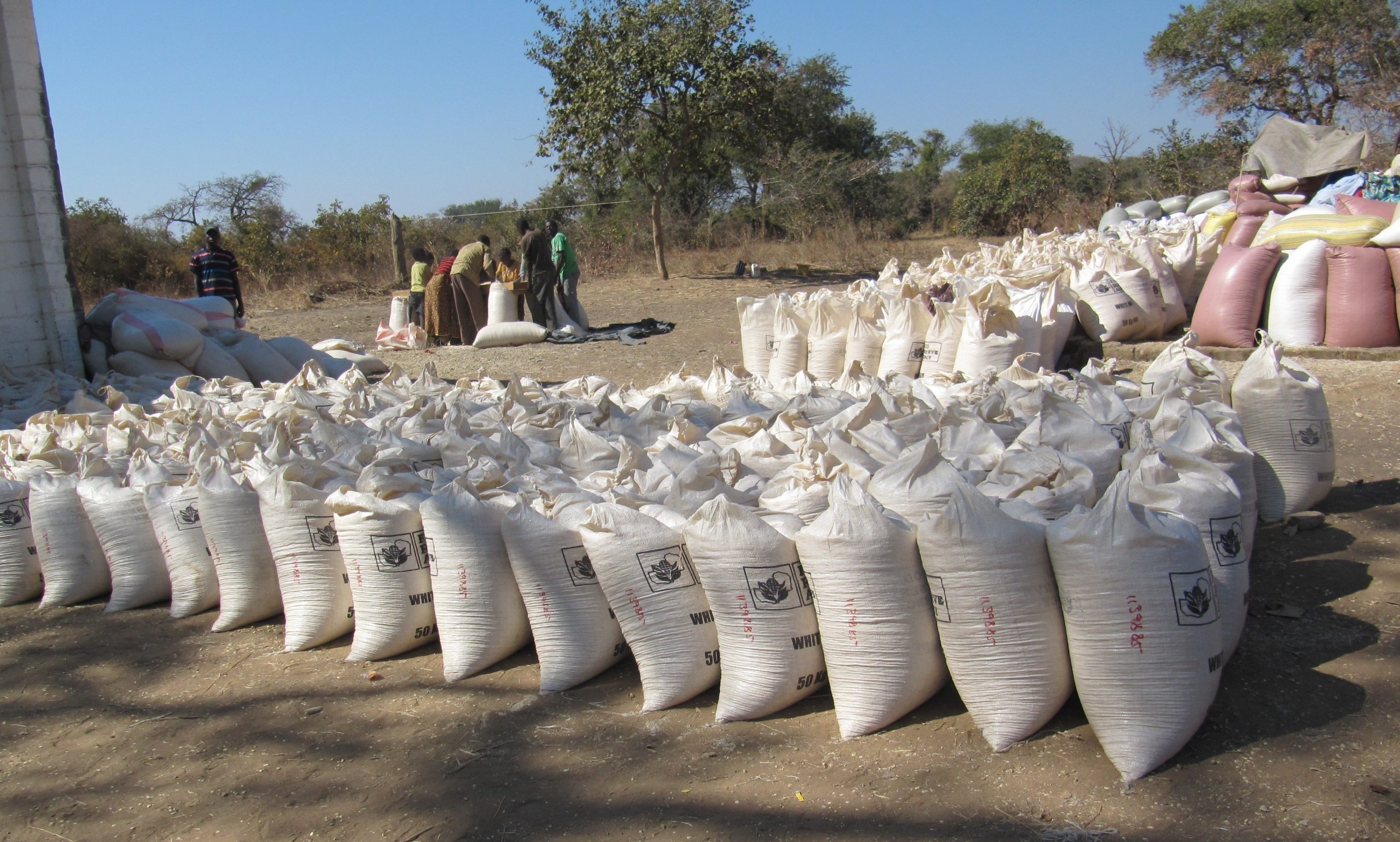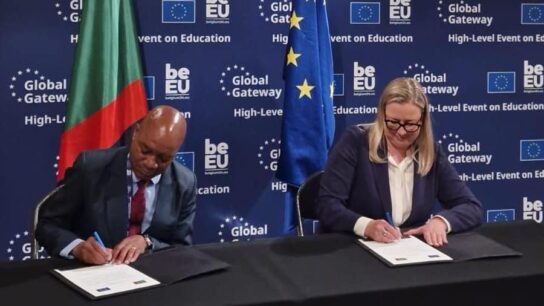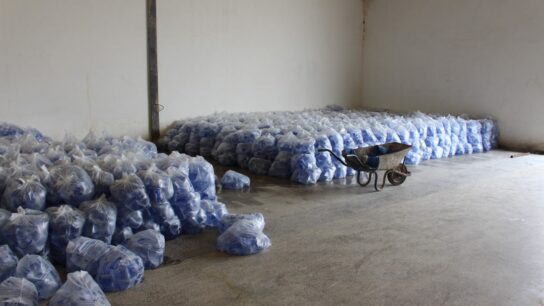• Ministry of Agriculture has not given crop projections in terms of yields for this farming season.
• It will be too early or too risky to export the only maize the country has at the moment.
• Government must first ensure that the country has enough food for the citizens.
Civil Society for Poverty Reduction (CSPR) has reaffirmed calls for government to halt maize exports until the country is assured of a proper projection of this year’s crop harvest.
Speaking in an interview with Money FM News, Organization Board Member Partner Siyabutuba noted that the Ministry of Agriculture has not given the crop projections for the 2021/2022 farming season, therefore it will be risky to export the available maize.
Mr. Siyabutuba stated that if the country continues to export maize, the only grain that is going to remain and accessed by millers is likely to result into high food prices.
“We need to keep the maize we have until we are rest assured of a proper projection of how much harvest we are likely to get out of the 2021/2022 farming season. Ministry of Agriculture has not given us the crop projections in terms of yields for this farming season. So I think it will be too early or too risky for us to export the only maize we have at the moment when we are not certain about how this year is going to play out in terms of yields.”
“Food insecurity is not only when you don’t have food in the country, sometimes you may have food but citizens might not be able to afford it. Affordability levels also play a huge factor in terms of food security so if we go out and begin to export the maize, what is likely to happen is that the only maize that is going to remain and accessed by millers will end up having food prices going up, Mr. Siyabutuba stated.
He further said government must ensure that the country has enough food for citizens for a foreseeable period of time because food is a very important component of state stability.
“Food security basically has two connotations, the first one being ensuring that the country has enough food for the citizens, but again lack of food is largely tied to national state security, you have a lot of security compromises as a result of lack of food security in your country.”
“So you need to make sure that you have all the food you need because food is a very important component of state stability. When you have no food you cannot boast about any state stability in a country. Apart from ensuring that people have the food they need, you also need to make sure that the citizens are fed enough to withstand any challenges the country may be facing including security itself,” he said.
Agriculture Minister Reuben Phiri has insisted that government will not ban the export of maize because there are sufficient stocks of maize to cater for the country’s consumption next year in an event of poor yields arising from the 2021/2022 farming season due to poor rainfall coupled with the outbreak of armyworms.
CSPR reaffirms calls to halt maize exports







